The handbook was personally compiled and launched by Minister Nguyen Van Hung very promptly right after our country operates a 2-level government model from July 1, 2025.
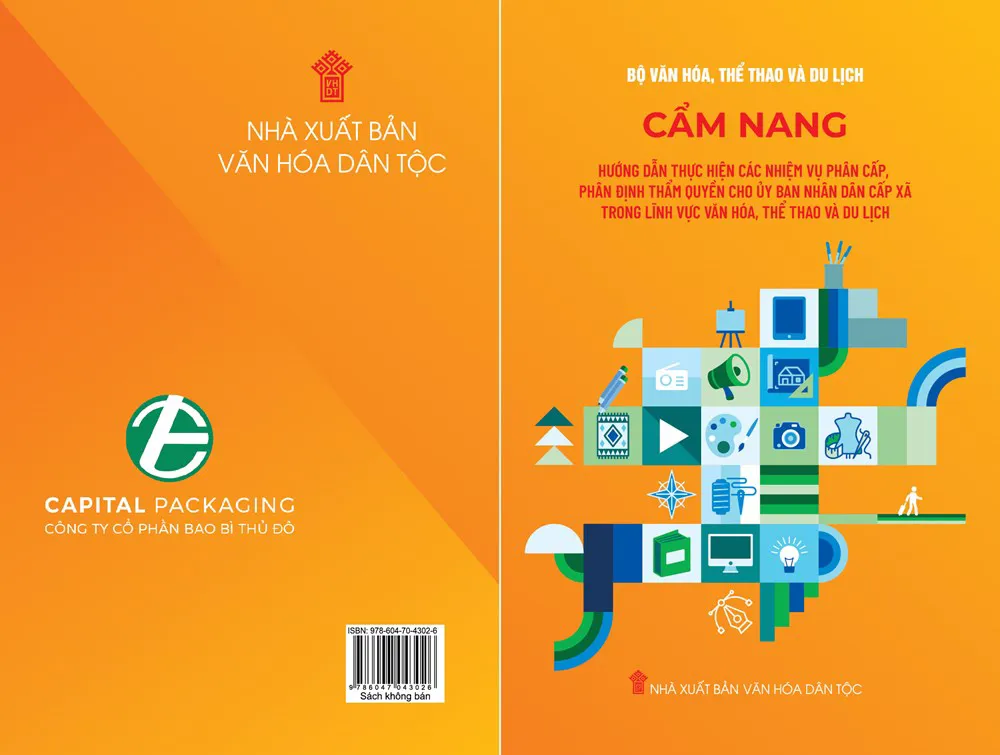
It can be said that this is an extremely useful “pocket” book for the staff working in culture, information, sports and tourism at the grassroots level. After carefully reading the Handbook, I would like to make the following comments:
First of all, from the perspective of officials working in culture, information, tourism, and sports at the grassroots level in the context of operating a 2-level government model (province - commune), this handbook truly meets many needs for "hand-holding": It has both a clear legal basis and specific processes and procedures for each professional area, with immediately applicable forms. Below is a detailed assessment of the level of usefulness, and at the same time suggests some points that can be added to better serve the work at the grassroots level.
Context and positioning of the handbook: Meeting the needs of the people
Compiled right when the 2-level model began to be applied nationwide from July 1, 2025, the handbook emphasizes the role of the "most people-friendly level" of the commune government in organizing and managing daily administrative work, so it correctly positions the focus of the work of grassroots cadres.
The purpose of the document is to guide the content of tasks, procedures under the authority of the People's Committee and the Chairman of the People's Committee at the commune level in the fields of culture, sports, tourism and information; in other words, this is a "handbook of operations" for commune officials to quickly look up and properly implement regulations, effectively serving the people.
Structure and scope: Covers 5 large areas, easy to look up
The handbook is divided into 5 parts: General instructions; Decentralization and determination of authority in (i) Culture - family; (ii) Sports; (iii) Tourism; (iv) Printing, basic information, electronic information. This structure accurately reflects the "work package" that commune officials have to handle every day, helping to quickly locate the content they need to find. Right at the beginning, the document lists the original documents (Decree 137, 138, 150 and Circular 09 issued on June 12, 2025), creating a "legal map" for comparison when needed.
Outstanding strengths: Clear process, specific deadlines, ready-to-use templates
A very useful advantage is that each task clearly states the authority, deadline, steps to be taken and attaches a form/receipt - which is what the grassroots staff needs most. Some typical examples:
Commune-level festivals: Regulations on the place of submission, deadline of submission 30 working days in advance, appraisal period of 15 days and contents that need appraisal (complete documents, security and order, fire prevention and fighting, environment...). In case the documents are not complete, the Commune People's Committee must issue a written notice of the contents that need to be supplemented - small but extremely important details to avoid congestion and complaints.
Art performances: Notice at least 5 working days before the expected date of organization; the authority to receive belongs to the People's Committee of the commune where the performance takes place. The handbook also reminds of the conditions to ensure security, order, environment, health , fire prevention, etc., helping commune officials clearly know the "threshold" of control before and during the event.
Beauty and model contests: Notice at least 10 working days before the event - easy to remember, easy to apply timeline in local event planning practice.
Film screenings in public places (hotels, restaurants, dance clubs, shops, etc.): Clearly assign the responsibility for receiving notifications to the People's Committee at the commune level and include a unified notification form for immediate application.
Advertising management in the locality: Identify the tasks of the People's Committee at the commune level according to Circular 10/2013 and Decree 181/2013, helping grassroots officials clearly know which stages they are "taking the lead" in the advertising management network which is very scattered in the locality.
Printing - photocopying: Regulations on photocopying establishments must declare at least 10 days before operating, how to submit declarations (online, postal, in person), changes in information must be declared within 5 working days and the responsibility of the Commune People's Committee to update data within 5 working days - a very clear "data life cycle" for the commune to better manage this popular service type.
Public electronic game service point (Internet game): Instructions for both new issuance procedures (submit directly/by post/online, digital signature required; 15-day processing time with on-site inspection) and renewal (5-day processing time; one-time renewal, maximum 2 years), with immediate application form - very "friendly" for both commune officials and business households.
Commune-level libraries and educational institutions: Regulations on the authority to receive dossiers notifying the establishment/change of libraries under the People's Committee at the commune level and including detailed notification forms, helping localities to soon standardize the community reading network.
Family - prevention and control of domestic violence: There is Form No. 05 for the commune to synthesize and send to the Department of Culture, Sports and Tourism/ Department of Culture and Sports before December 5 every year - standardizing the statistical channel, helping the report not to "slip on schedule" as before.
Mass sports: The two "in and out" time frames are clearly defined, which are reporting at least 10 working days in advance to the People's Committee of the commune where the tournament is held and reporting the results 5 working days after the end of the tournament - these two "hard milestones" help cadres monitor/urge effectively and keep records more disciplined.
Tourism: With the proposal to recognize a provincial-level tourist area, the handbook clearly states the role of the commune-level People's Committee or the tourist area management organization in the preparation and submission of documents, as well as the processing time of the provincial level (45 days for appraisal + 15 days for decision) - helping the commune know "where it is" in the chain of interconnected procedures at many levels, avoiding missing or incorrect submissions.
In general, the system of timelines - authorities - forms as above shows that the handbook not only "summarizes" but also clearly shows how to do it. This is the greatest value for grassroots cadres - those who have to turn the law into daily business processes.
Legal guarantee, transparency, smooth transition
The “General Guidelines” section sets out the principles of decentralization (in accordance with the Constitution, the Law on Organization of the Government/Local Government; clearly defining tasks and powers between levels and between the People's Committee and the Chairman of the People's Committee; publicity, transparency, accountability; ensuring funding for implementation...) - this foundation helps the commune feel secure in implementation, limiting overlap and gaps in authority during the model transition period. The Handbook also provides guidance on fees and charges when handling administrative procedures and has transitional provisions to ensure that work is not interrupted - a practical detail during the transition period.
Support digital transformation: Submit online, digital signature
Many procedures allow for submission of documents via online public services, requiring digital signatures; processing time limits are specifically regulated (for example, applications for new issuance/renewal of public gaming points). This encourages communes to organize the reception and processing of documents according to the electronic One-Stop Shop, reducing travel, increasing transparency of deadlines, and at the same time creating a “digital trail” for easy inspection and examination.
Some points can be improved further.
Although very useful, the handbook could be even stronger if: Adding a flowchart and checklist for each procedure: Currently, the document lists steps - deadlines - forms, but if there were a flowchart and checklist (input/output, who is responsible for each step), new staff would "get the hang of things" faster; businesses/people could also easily prepare themselves.
Clarify the inter-sectoral coordination mechanism in the area: The handbook reminds of compliance with security, order, fire prevention, environment... for performing arts, but if there is an appendix of "coordination touch points" (Police, Health, Fire Prevention, Natural Resources - Environment, Information and Communications...) according to each procedure, the commune will proactively coordinate better from the beginning.
Increase the practical situations (case studies) and FAQs: For example, if the festival has a procession - low-altitude fireworks - social mobilization... then what are the coordination scenarios and related licenses; or with advertising, where is the boundary between commune authority and provincial authority? (The legal basis has been cited, but the illustrative situation will help "lock" the boundary more clearly).
Divide the “toolkit” of forms into groups of work: Show forms scattered in each section (Form 01 library; Form 04 public movie screening; Form 05 family report - domestic violence; Form 51-53 game points...), should add “Form index appendix” at the end to help officers look up extremely quickly according to the situation.
Closely linked to the commune-level “One-stop” process: The Handbook has outlined the online/postal/direct submission method, and can add a “Document flow diagram through One-stop” (receiving - appraising - asking for opinions - approving - returning results) with internal time standards for the commune to design a reasonable SLA.
Periodic updates: As many legal bases may continue to be revised, a mechanism for updating versions is needed (e.g. QR code to a “live” electronic version on the portal; notification of changes to deadlines or forms when new documents are available).
In conclusion
From the need for implementation at the front line of the 2-level model, the Handbook on implementing decentralization tasks and assigning authority to the People's Committees at the commune level in the fields of culture, sports and tourism is a very useful document for cultural, information, tourism and sports officers at the commune level. The document has a clear legal map, specific processes and timelines, immediately applicable forms, covering common operations: from festivals, performances, public film screenings, advertising, libraries, family statistics - prevention and control of domestic violence, to mass sports, photocopy management and public game points - all are associated with the authority of the People's Committees at the commune level and aim for transparency - responsibility - digital transformation in handling administrative procedures.
With some technical additions (flowchart, checklist, form index appendix, case study, One-stop shop/inter-sectoral coordination point diagram), the handbook will not only be a reference book, but also a standardized "working toolkit", helping commune officials handle work correctly - sufficiently - quickly - transparently, contributing to the smooth operation of the 2-level local government model in the fields of culture, information, tourism, and sports.
Source: https://baovanhoa.vn/van-hoa/cong-cu-huu-ich-cho-can-bo-co-so-163003.html



![[Photo] President Luong Cuong receives delegation of the Youth Committee of the Liberal Democratic Party of Japan](https://vstatic.vietnam.vn/vietnam/resource/IMAGE/2025/8/22/2632d7f5cf4f4a8e90ce5f5e1989194a)
![[Photo] Prime Minister Pham Minh Chinh chairs the conference to review the 2024-2025 school year and deploy tasks for the 2025-2026 school year.](https://vstatic.vietnam.vn/vietnam/resource/IMAGE/2025/8/22/2ca5ed79ce6a46a1ac7706a42cefafae)


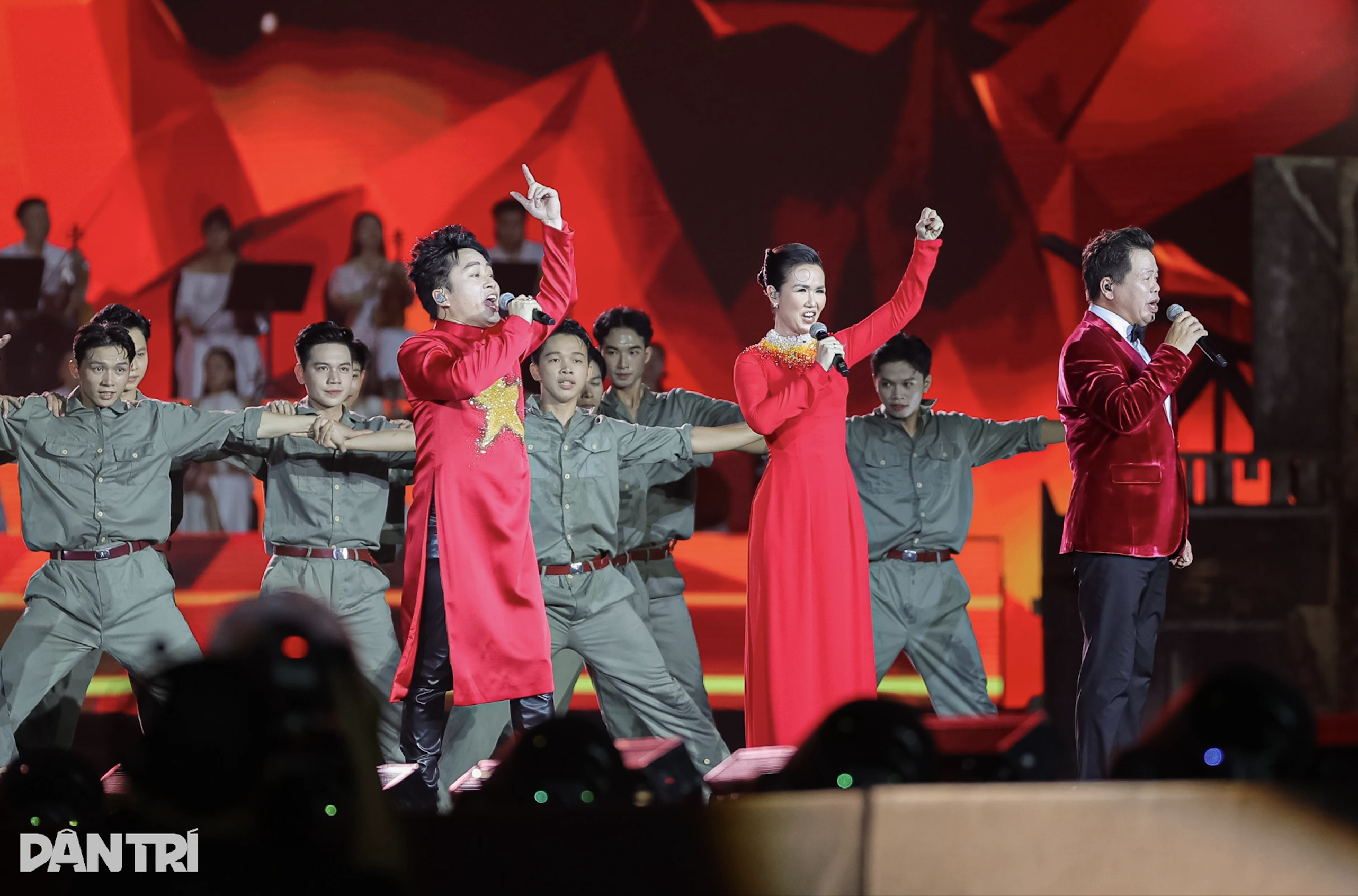

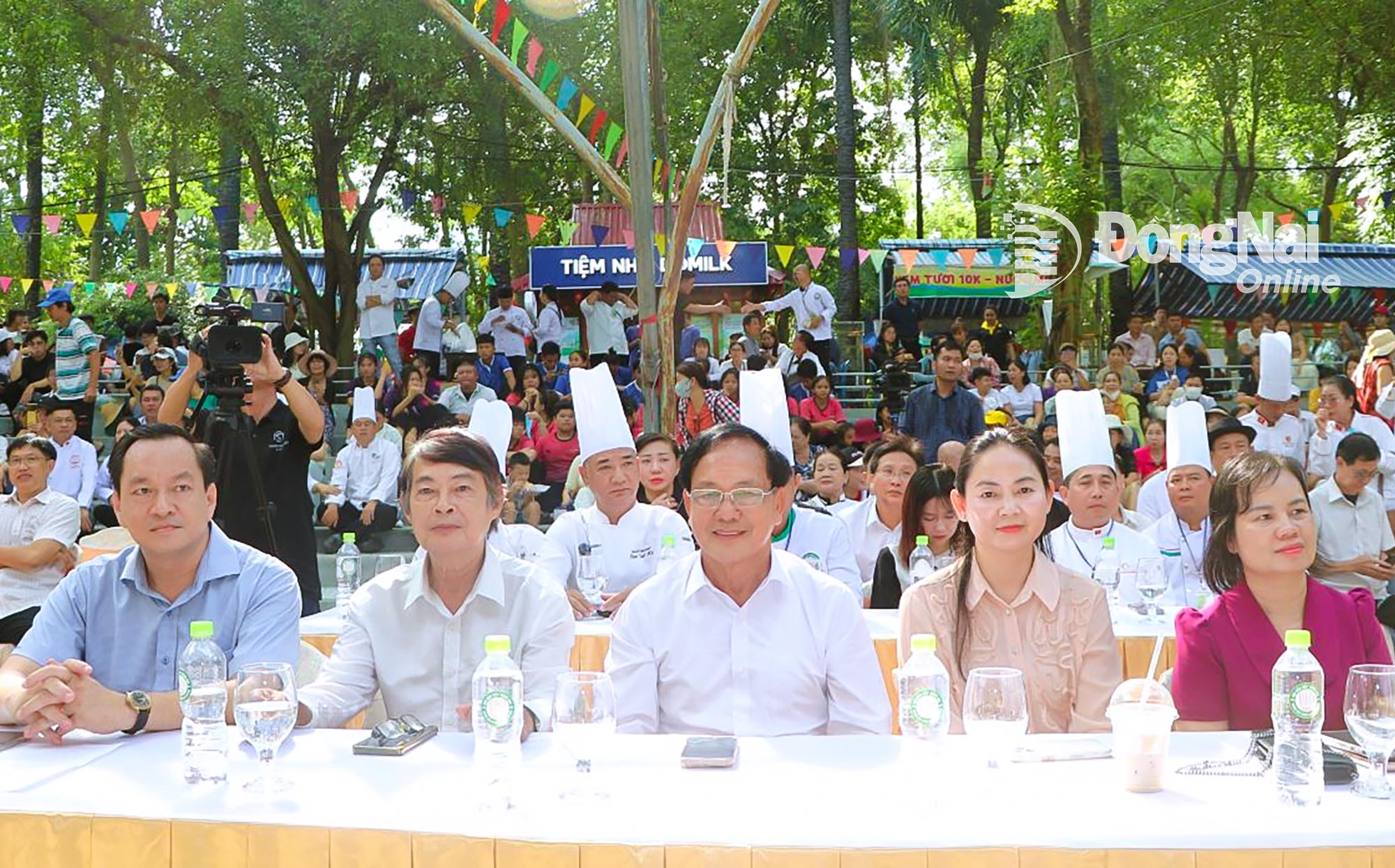

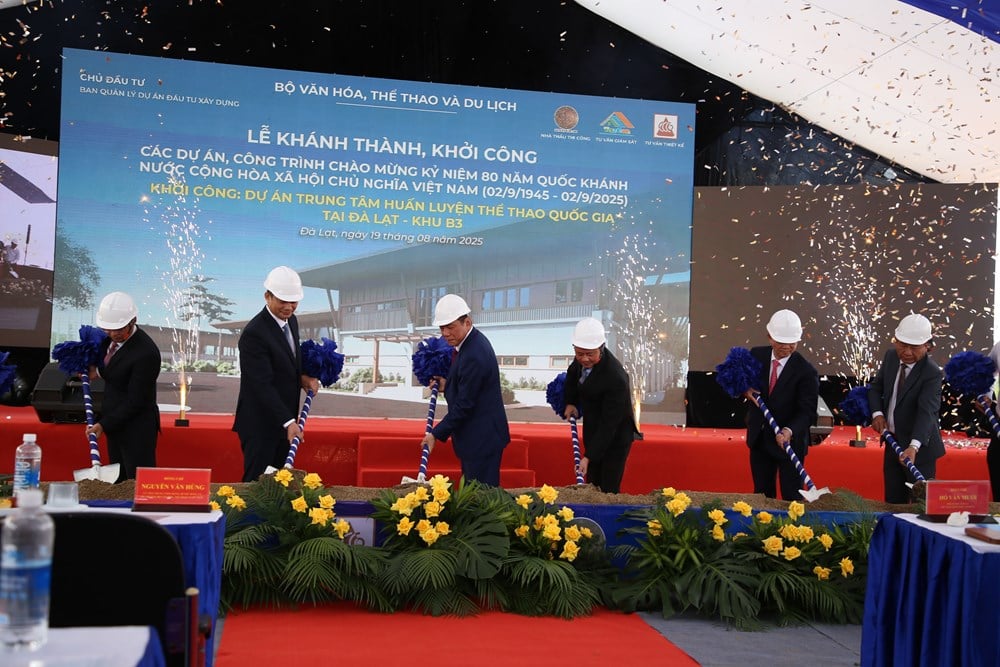
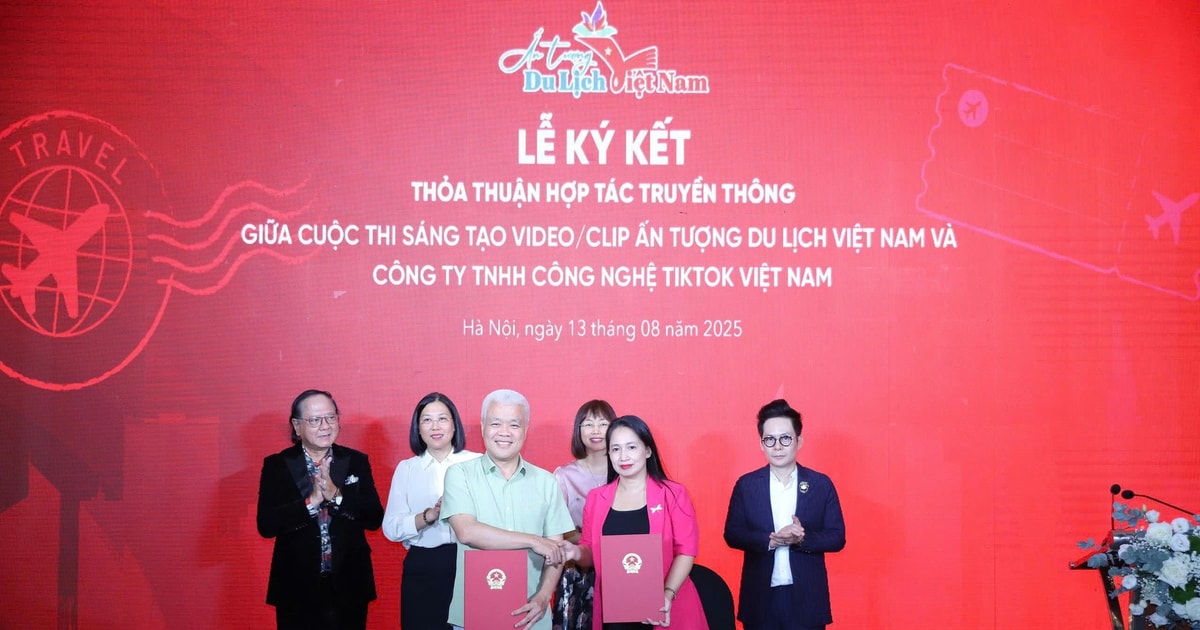

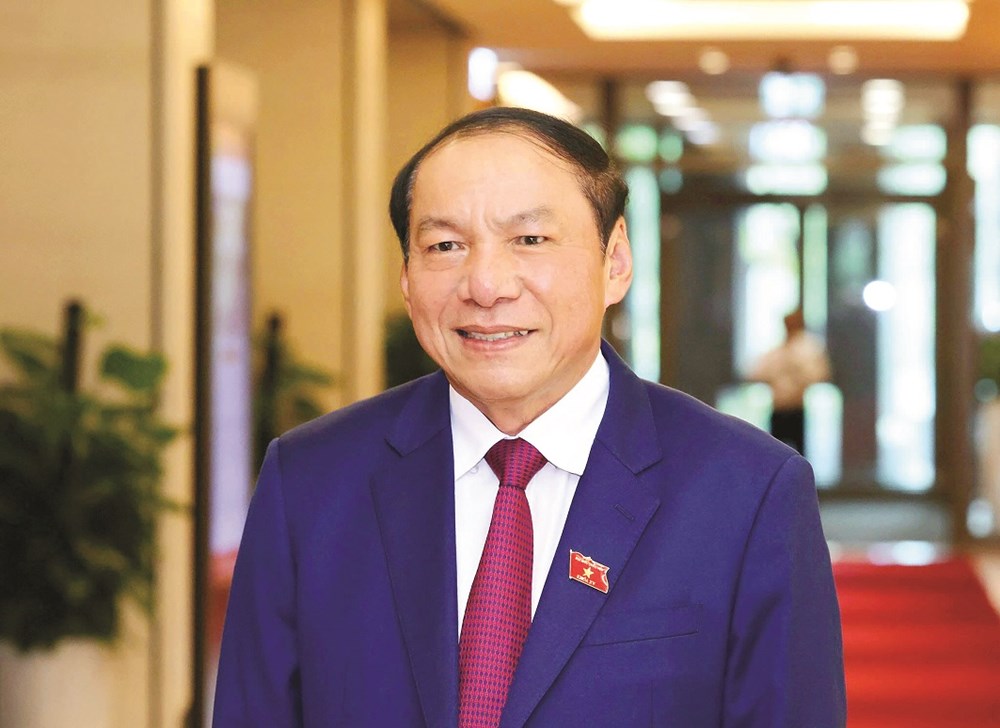

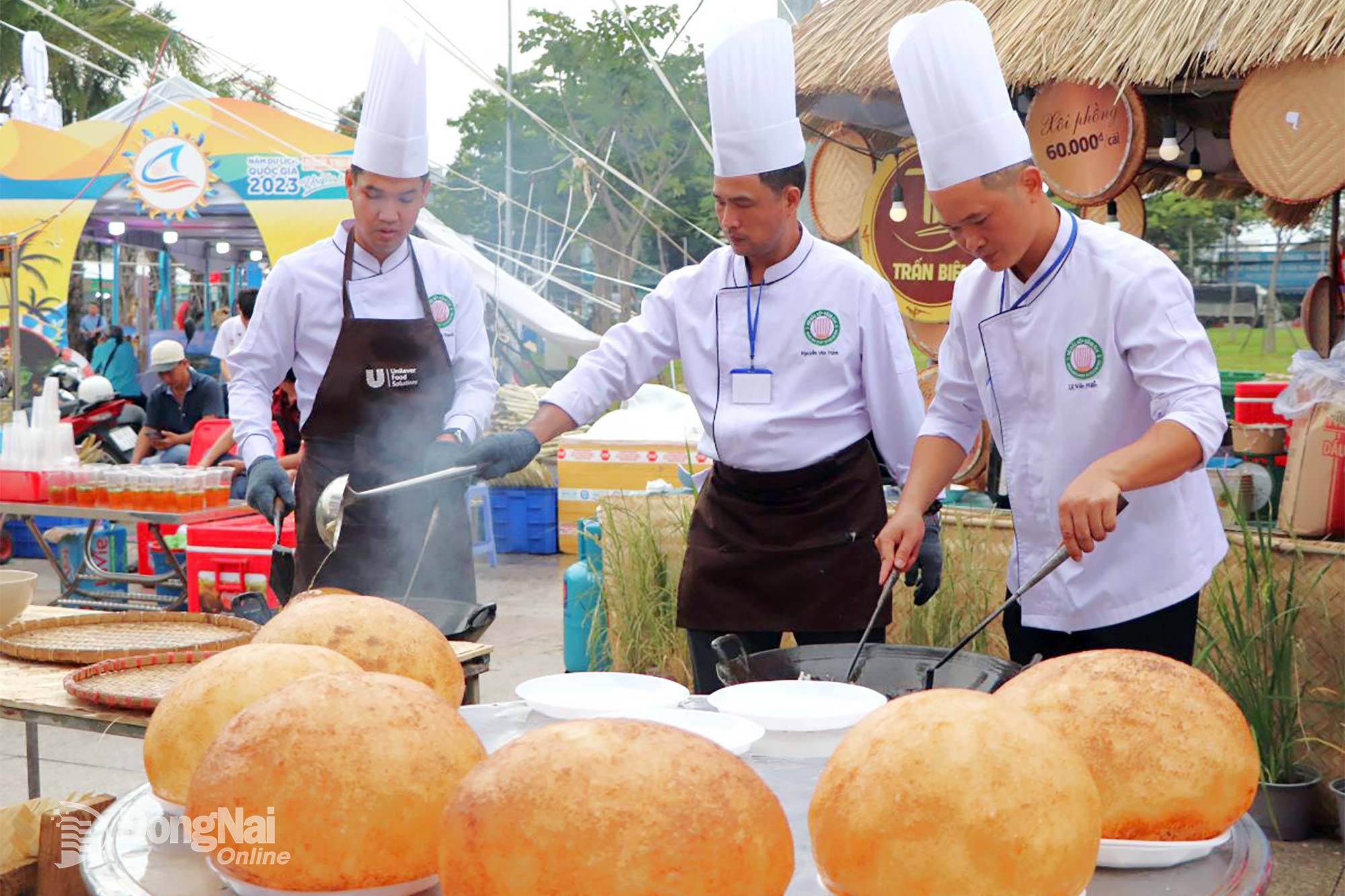
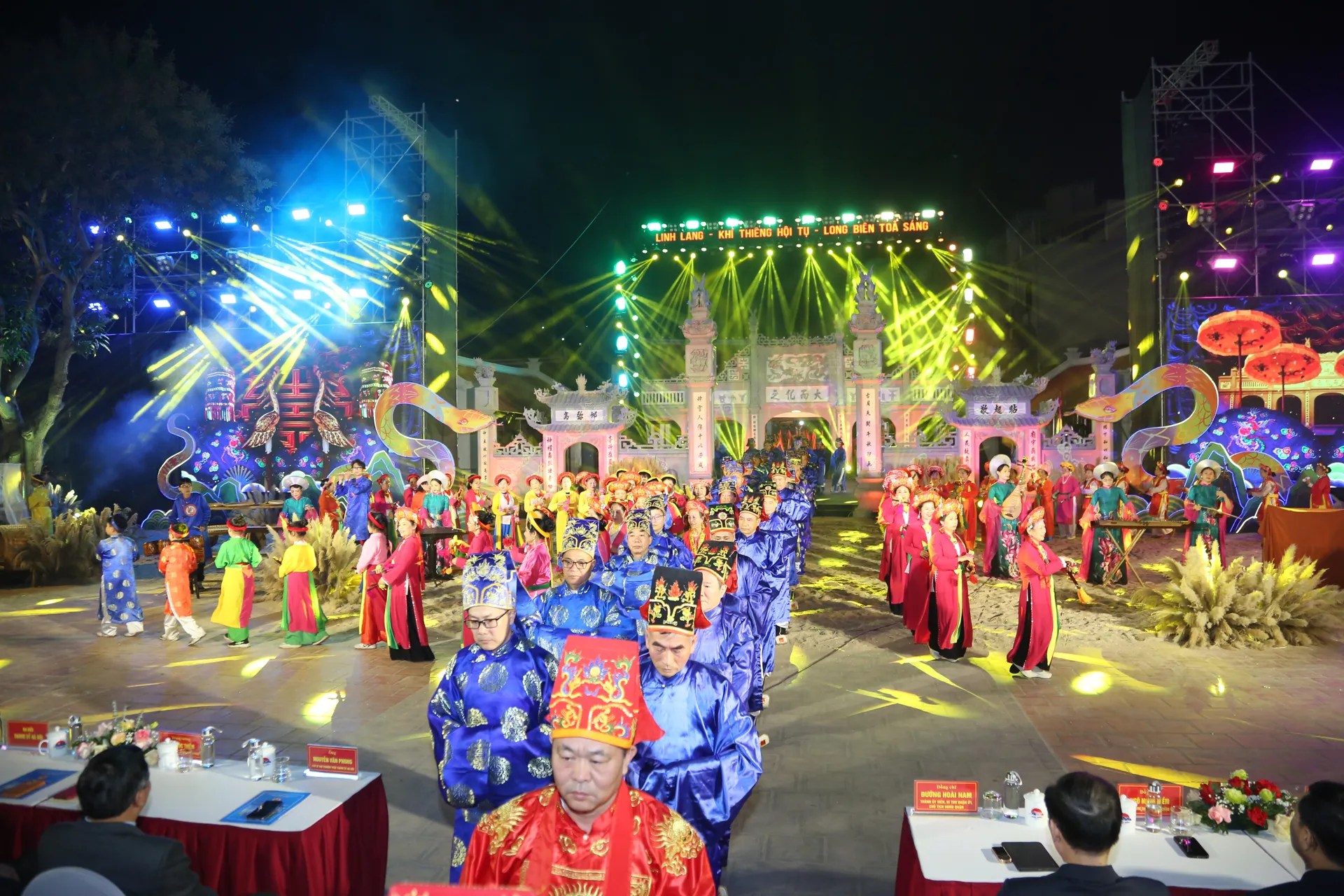
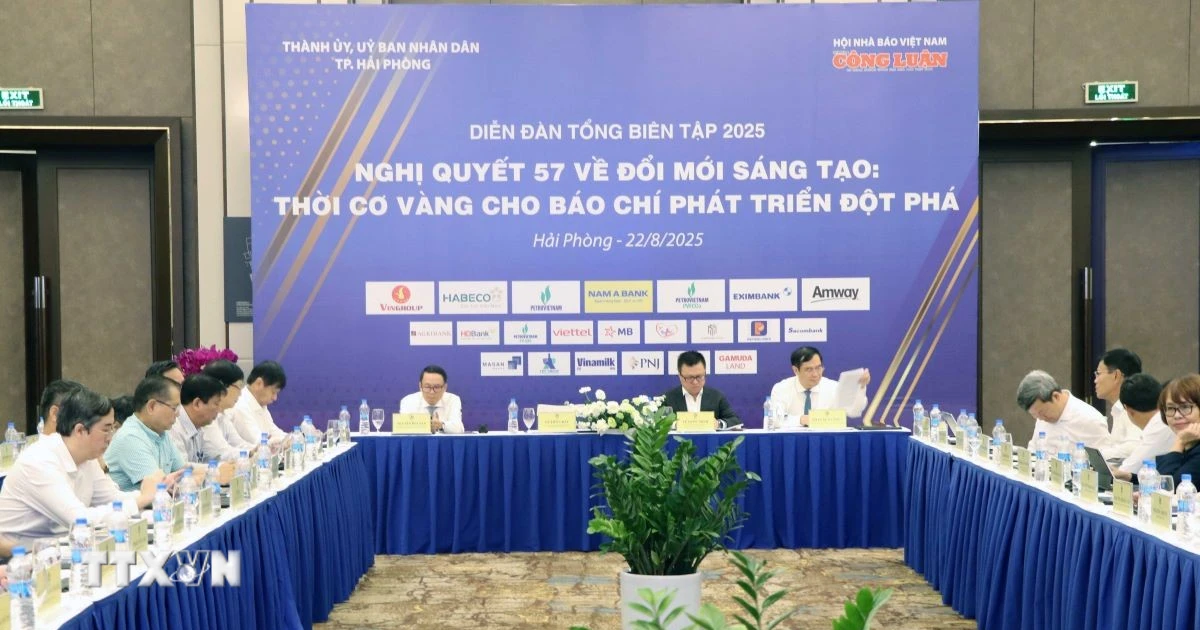





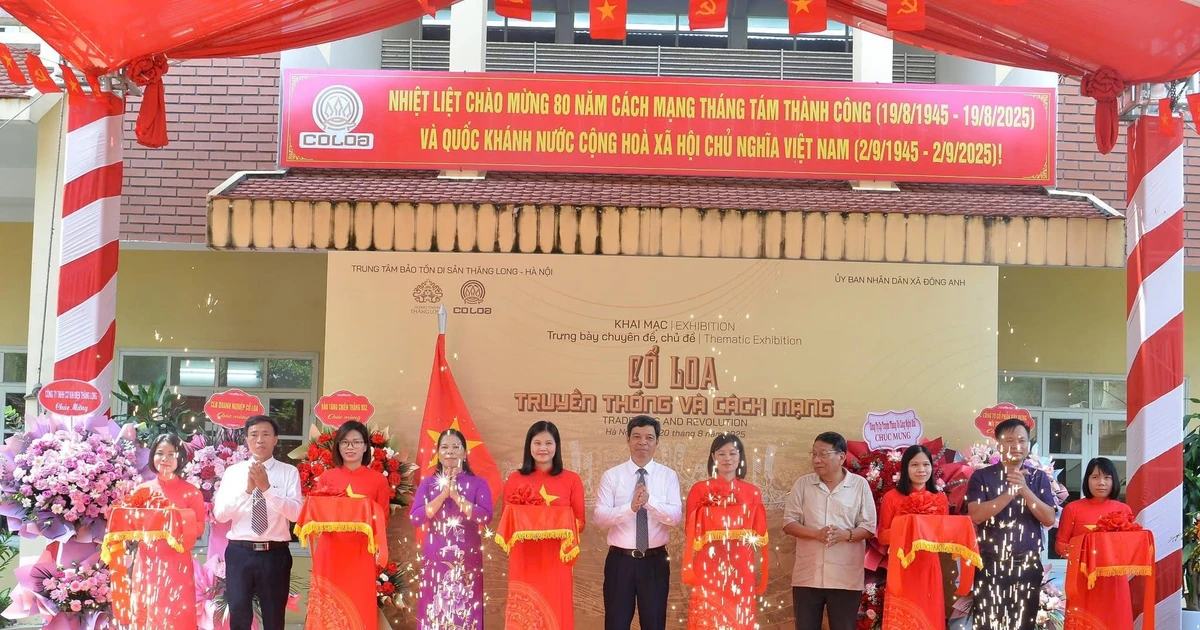


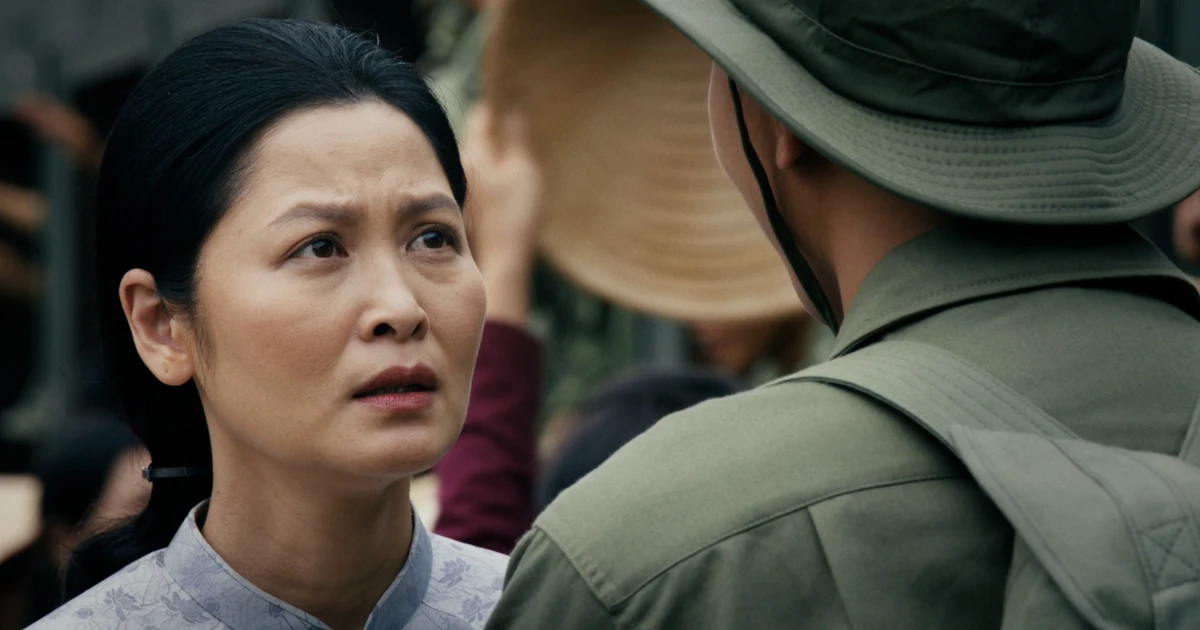



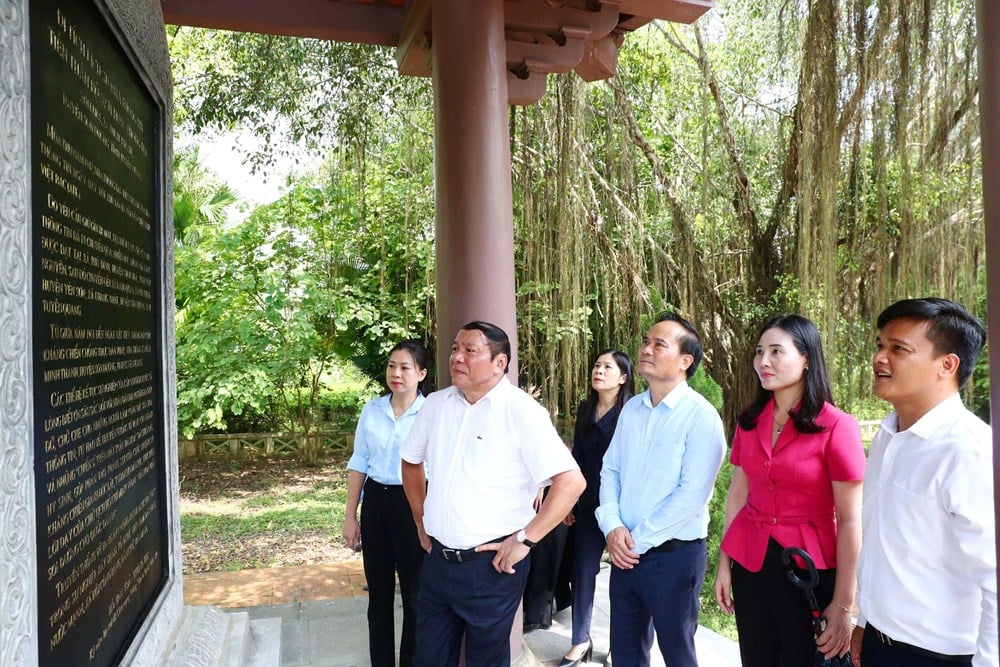
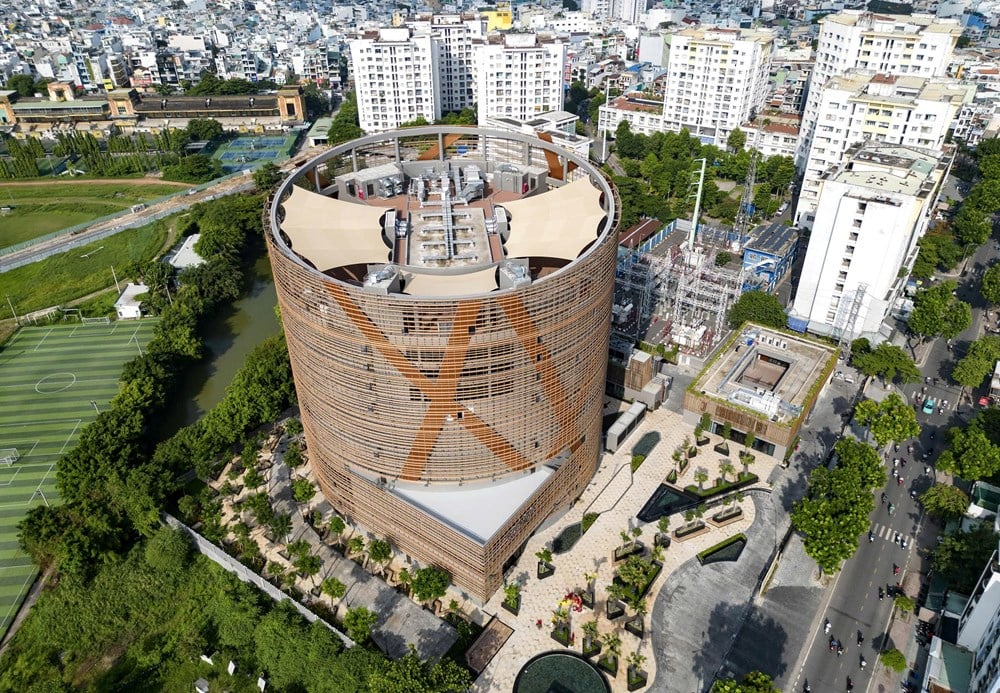


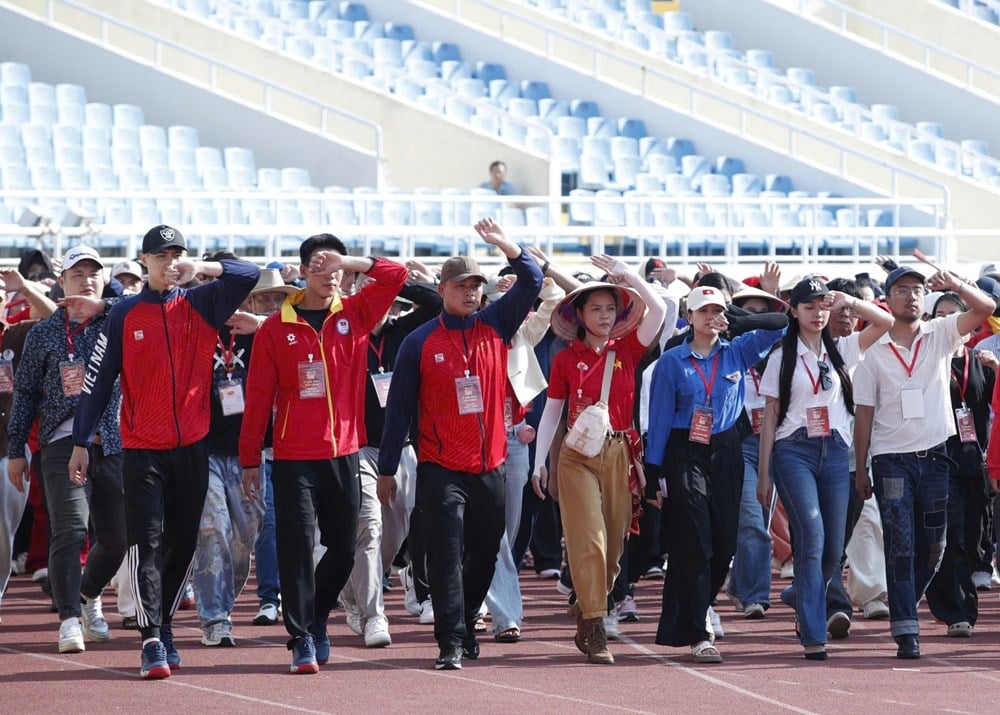
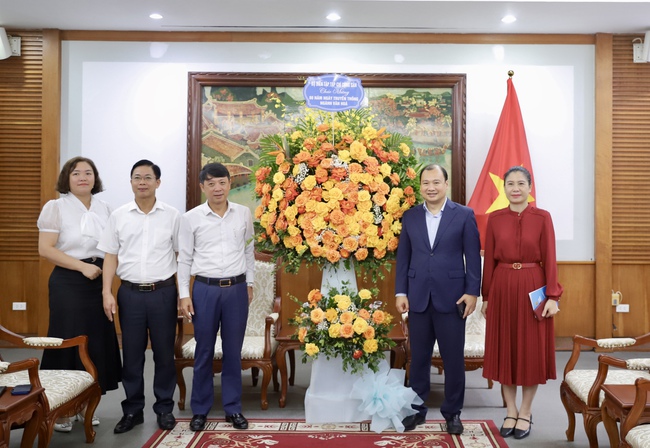

















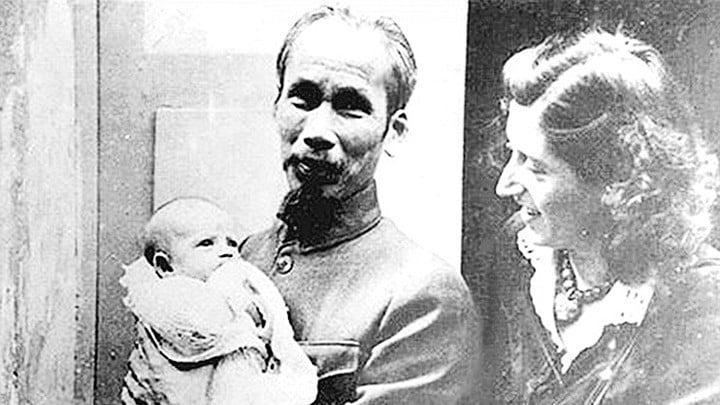
























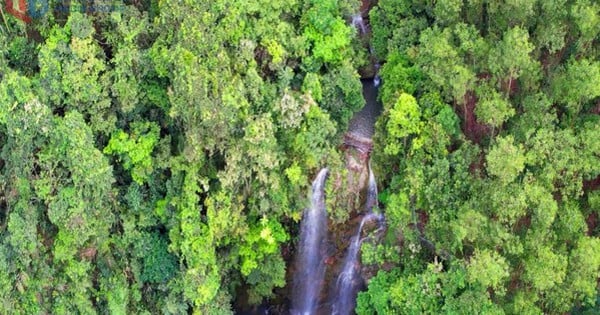
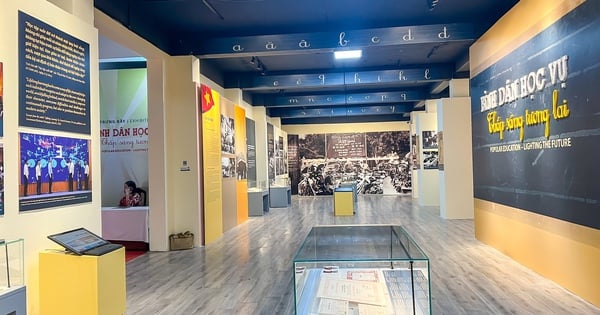
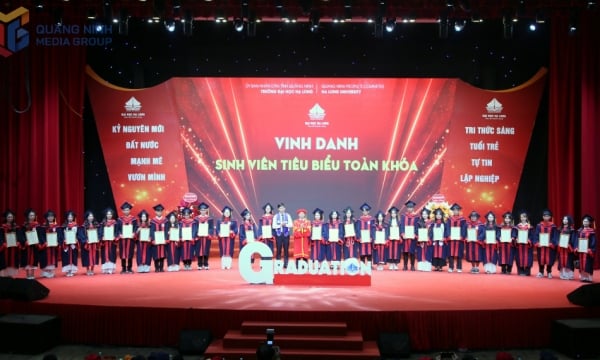

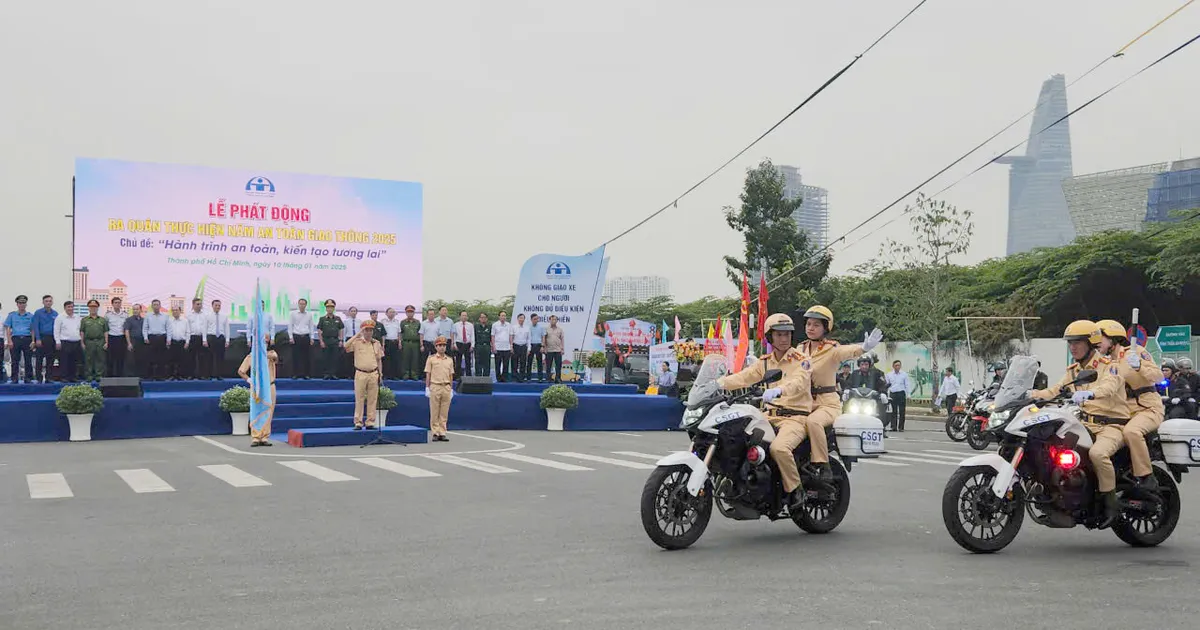
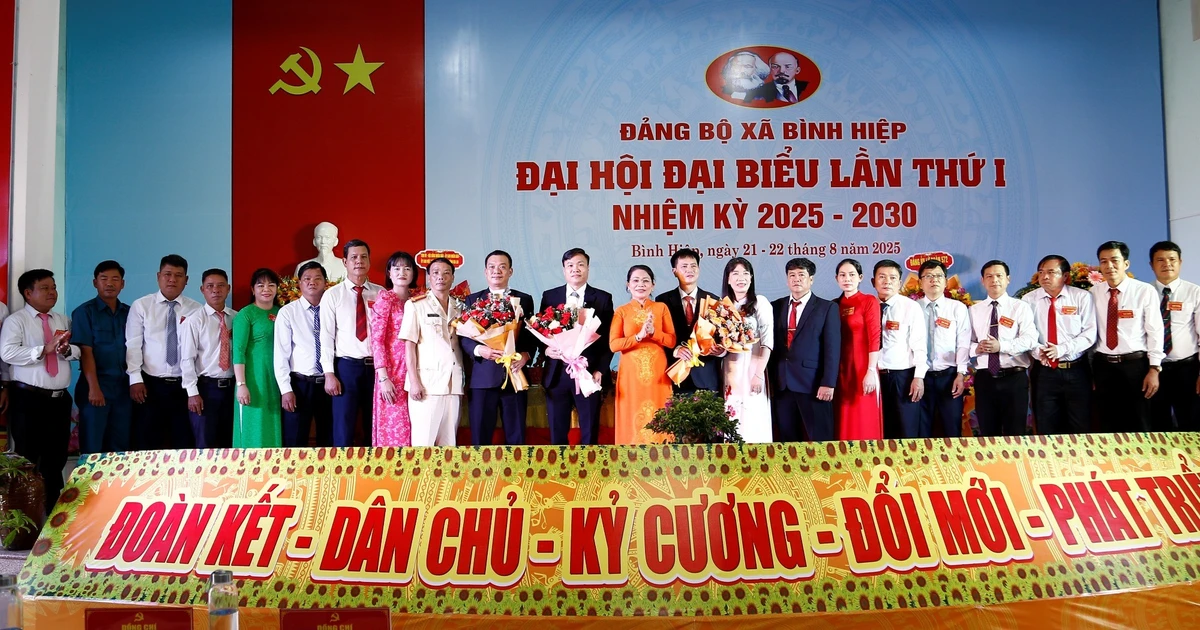

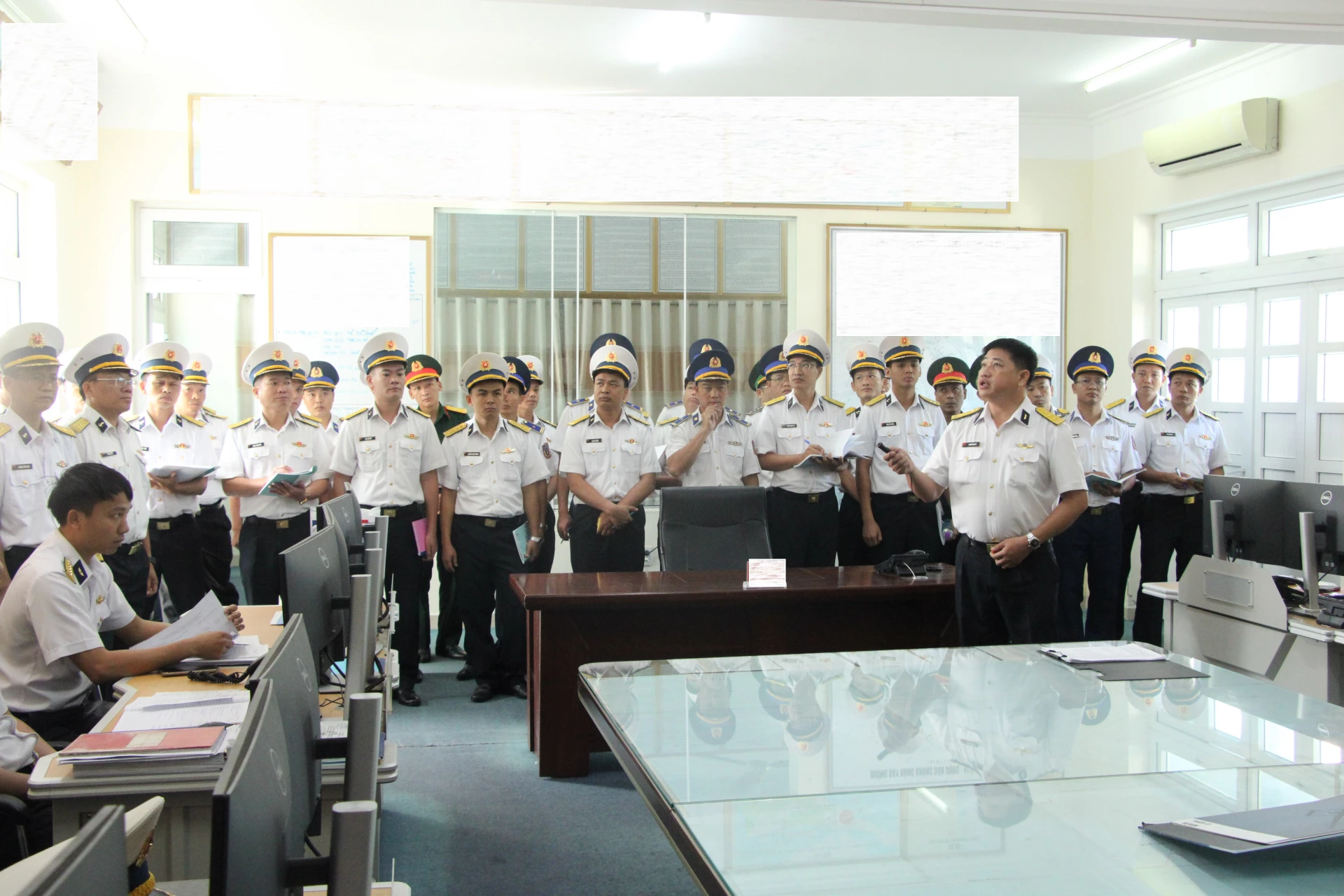


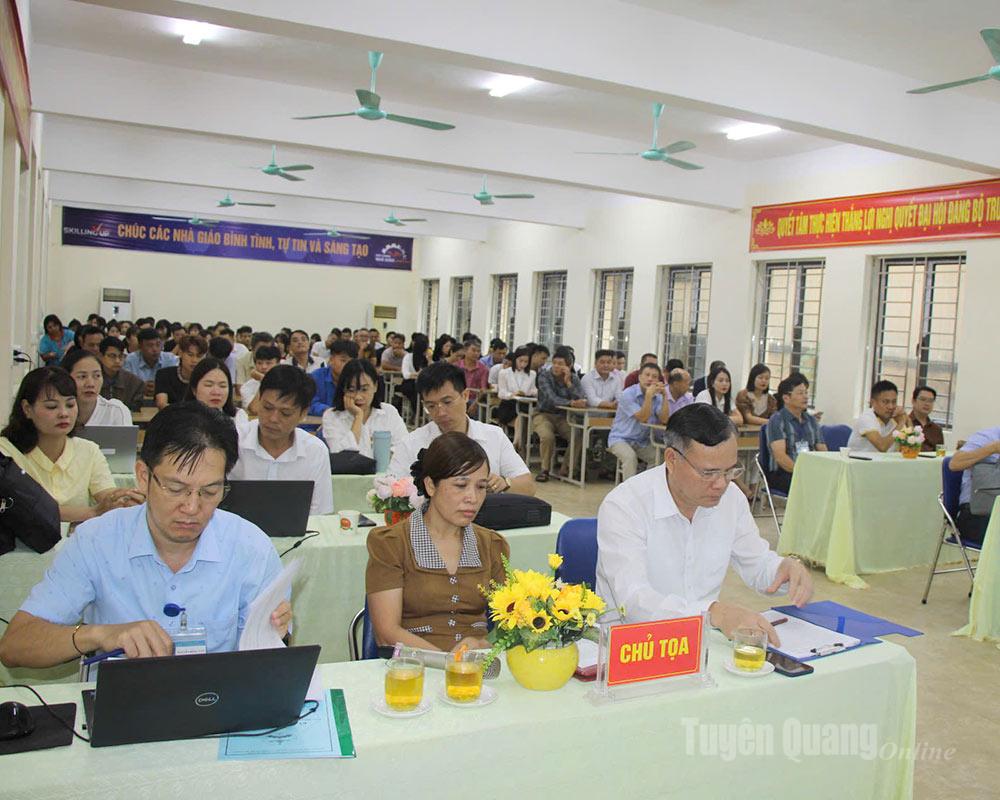














Comment (0)